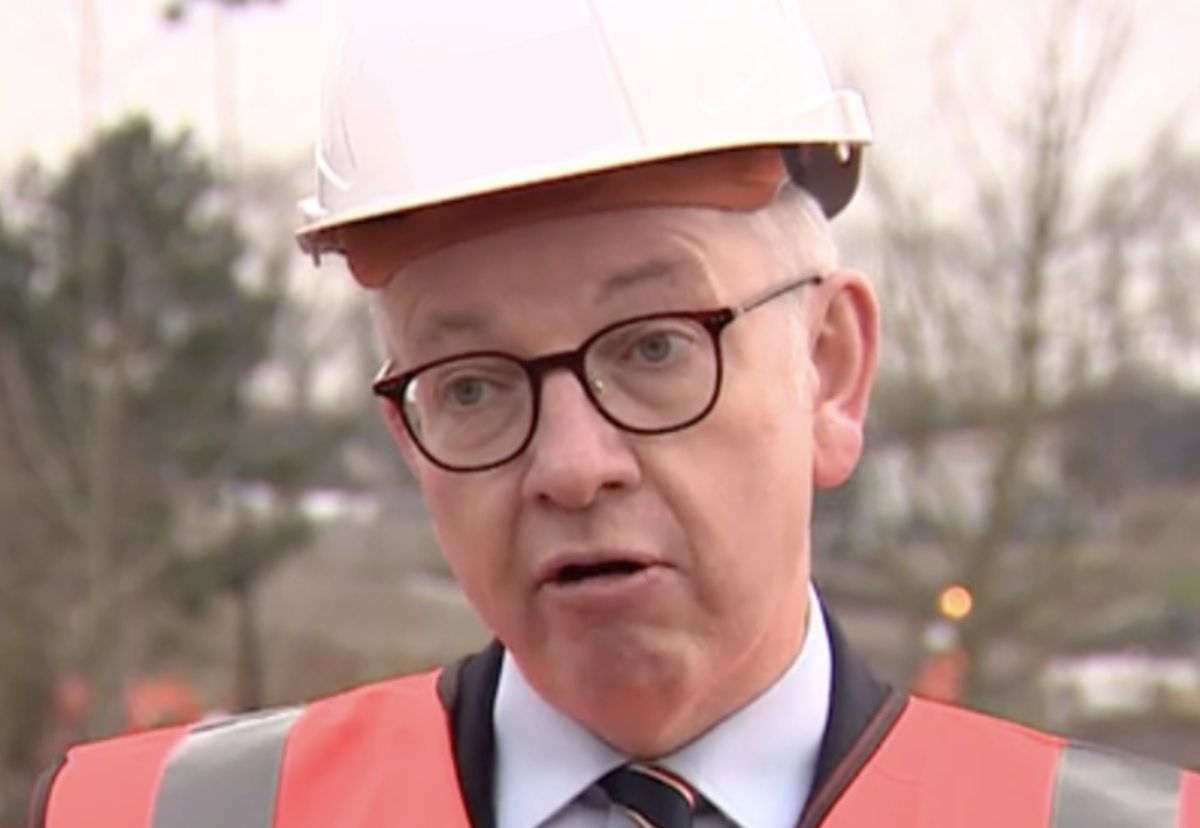He also warned that any house builders and developers failing to sign the contract would be banned from the market.
Volume house builder Persimmon is the first to sign, with Barratt expected to follow suit shortly.
The remediation contract requires developers to fix buildings and reimburse taxpayers, with an estimated £2bn expected to be committed to fund repairs.
Legislation will be brought forward in the spring introducing fresh powers to prevent developers from operating freely in the housing market if they fail to sign and comply with the remediation contract.
The contract, which has been drawn up by the Department for Levelling Up, Housing and Communities, will protect thousands of leaseholders living in hundreds of buildings across England.
Click here to see new Remediation Contract
Under the contract, developers will commit an estimated £2bn or more for repairs to buildings developed or refurbished over the past 30 years.
This means that together with the Building Safety Levy, industry is directly paying an estimated £5bn to make buildings safe.
The contract also requires developers to reimburse taxpayers where public money has been used to fix unsafe buildings.
Around 49 of the country’s leading developers have pledged to fix their own buildings, which will now be turned into legally binding commitments.
Gove said: “Today marks another significant step towards righting the wrongs of the past and protecting innocent leaseholders, who are trapped in their homes and facing unfair and crippling costs.
“Too many developers, along with product manufacturers and freeholders, have profited from these unsafe buildings and have a moral duty to do the right thing and pay for their repair.
“In signing this contract, developers will be taking a big step towards restoring confidence in the sector and providing much-needed certainty to all concerned.”
He added: “There will be nowhere to hide for those who fail to step up to their responsibilities – I will not hesitate to act and they will face significant consequences.”
Dean Finch, group chief executive at Persimmon, said: “The publication of the developer remediation contract is the culmination of many months of hard work on all sides and we are pleased to confirm our intention to sign the final document in the near future, becoming the first developer to do so.
“The terms of the contract are entirely consistent with our existing commitment to protect leaseholders in multi-storey buildings we constructed from the costs of remediating cladding and life-critical fire-related safety issues.”
A Barratt spokesman added: “We will be carefully considering the detail of the Developer Remediation Contract with a view to signing it over the coming weeks.”
Details of forthcoming changes to support leaseholders
Under legislation to be brought forward this spring, a Responsible Actors Scheme (RAS) will be created, allowing the housing secretary to block developers who have not signed the contract or failed to comply with its terms from carrying out development and from receiving building control approval.
This will prevent them from operating as normal in the housing market for as long as they do not resolve the problems of the past.
Gove has also pledged take action to ban managing agents and freeholders from taking commissions when they take out building insurance.
This comes in response to a report from the Financial Conduct Authority that suggested commissions make up almost a third of premiums.
Government will also bring in further measures to make service charges more transparent and empower leaseholders who want to challenge their bills.
This follows confirmation from six major lenders that, from earlier this month, they will once again consider mortgage applications on properties that are covered by the leaseholder protections in the Building Safety Act, or where the building is eligible for a government or developer remediation scheme.
Once developers sign the contract, leaseholders will benefit from a common framework of rights and responsibilities that will get their buildings fixed without them having to pay, and will require developers to inform residents in affected buildings how they will be meeting these commitments.









































 (300 x 250 px).jpg)








.gif)




